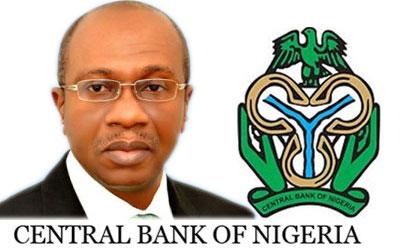CBN needs to lower its interest rate and cut domestic debt to stimulate lending for private sector investment, in order to boost growth after its economy slipped out of recession, a lawmaker said in a motion.
The central bank on Tuesday held interest rates at 14 percent to keep liquidity tight. The bank said it felt that loosening would worsen inflation and drive bond yields negative which could lead to a capital flight and hurt the currency.
Africa’s biggest economy grew out of recession in the second quarter as oil revenues rose, but the pace of growth was slow, suggesting the recovery is fragile.
In a motion read out in the Senate on Tuesday, Yahaya Abdullahi, said the exit from recession was largely due to favourable oil prices and increased domestic production with relative peace in the restive Niger Delta.
But it had cost the country $9 billion to stabilise the naira, which hit a record-low of 520 against the dollar in February. The naira was stabile at 305.80 on the official market, while it traded at 360 for investors.
Abdullahi urged the government to take steps to improve policies to avoid slipping into another recession, saying that the situation was reversible.
He asked the central bank to focus on its core job of monetary policy and not development finance and coordinate with government on getting credit flowing to the real sector.
The central bank said on Tuesday it expects growth to strengthen by the first quarter of next year, by which time, effects of current policy would have filtered through.
The government on Tuesday asked the Senate to amend its spending law to enable a debt program to settle 2.7 trillion naira ($8.6 bln) worth of obligations including pensions and salary arrears, to help revive the economy.











